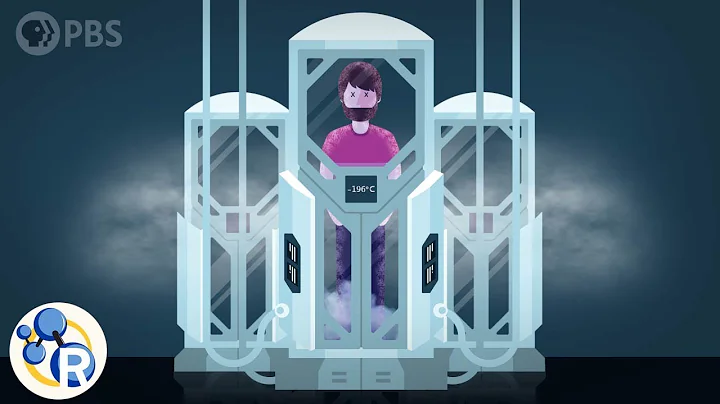What happens when body tissue freezes?
Frostbite happens when part of your body freezes, damaging your skin cells and tissues. Just like ice coating your windshield, your skin becomes hard and white when frostbitten. You can get both hypothermia and frostbite at once, and both are medical emergencies.
Body tissue will not freeze until the outside temperature is at or below 28 degrees Fahrenheit. If areas of tissue exposed to extreme cold begin to freeze, ice crystals form in some cells and fluid flows into these cells.
Do not thaw a body part if there is a chance it may freeze again. Keeping the part frozen for several hours will not cause further damage, but warming and refreezing will. Do not immerse a person's arm or leg in a warming bath if you suspect they may have hypothermia (a low, core body temperature).
-28 to -39 degrees Celsius exposed skin can freeze in 10-30 minutes. -40 to -47 degrees Celsius exposed skin can freeze in 5-10 minutes. -48 to -54 degrees Celsius exposed skin can freeze in 2-5 minutes. -55 degrees Celsius and colder skin can freeze in less than 2 minutes.
Frostbite occurs when skin and underlying tissues freeze. The most common cause of frostbite is exposure to cold-weather conditions.
Flash frozen tissues are non-fixed post-surgical tissue samples frozen in liquid nitrogen (LN2). This method allows great structural and biochemical preservation of the tissue and is the format of choice for a majority of downstream analysis.
Above 44 °C but below 51 °C at the skin surface, the rate of thermal injury doubles with each degree increase in temperature. Temperature above 51 °C will cause almost immediate destruction of the epidermis. Above 70 °C, full-thickness tissue destruction occurs in seconds.
A procedure in which an extremely cold liquid or an instrument called a cryoprobe is used to freeze and destroy abnormal tissue. A cryoprobe is cooled with substances such as liquid nitrogen, liquid nitrous oxide, or compressed argon gas.
Temperatures between 46°C and 60°C are associated with irreversible cellular damage, proportional to the exposure time (8, 9). Between 60°C and 100°C, protein coagulation occurs instantly with irreversible damage of key cytosolic and mitochondrial enzymes and nucleic acid-histone complexes (9).
“There will be no way to tell if the body has been properly preserved at the time of death,” said Dr. Cyril Wecht, a Pittsburgh pathologist who was post-mortem consultant in the cases of John F. Kennedy and Elvis Presley.
Can you autopsy a frozen body?
Yes. Freezing the tissue causes some changes to occur but if there will be a significant delay between death and the postmortem examination (24 hrs or more at room temp.)
“The short answer is no, it is not possible, and very probably never will be possible,” Professor Gary Bryant, Associate Dean (Physics) at RMIT University, told IFLScience. In fact, the human body – normally maintained at 37°C (98.6°F) – really can't cope with much temperature change at all.

Put 2 drops of OCT into a plastic cryomolds. Place tissue on top in correct orientation for cutting. Carefully pour OCT on top of tissue, being careful to avoid bubbles until none of the tissue remains exposed. Place the mold on top of the aluminum plate on the dry ice for rapid freezing.
Conclusion: The temperature range resulting in sufficient tissue coagulation for cell death is between 50 degrees C and 60 degrees C for a short duration (<3 minutes).
Allow tissue block to equilibrate to the cryostat temperature (-20°C) before cutting sections. Routine section are cut at 5-10 microns and picked up onto slides. Dry at room temperature till the sections are firmly adhered to the slide. Store in a-80°C freezer until use.
Snap freezing, or flash freezing of tissue sample, is the process by which samples are lowered to temperatures below -70°C very rapidly using dry ice or liquid nitrogen. Snap freezing achieves the same endpoint as slow rate controlled freezing, but at a much faster rate.